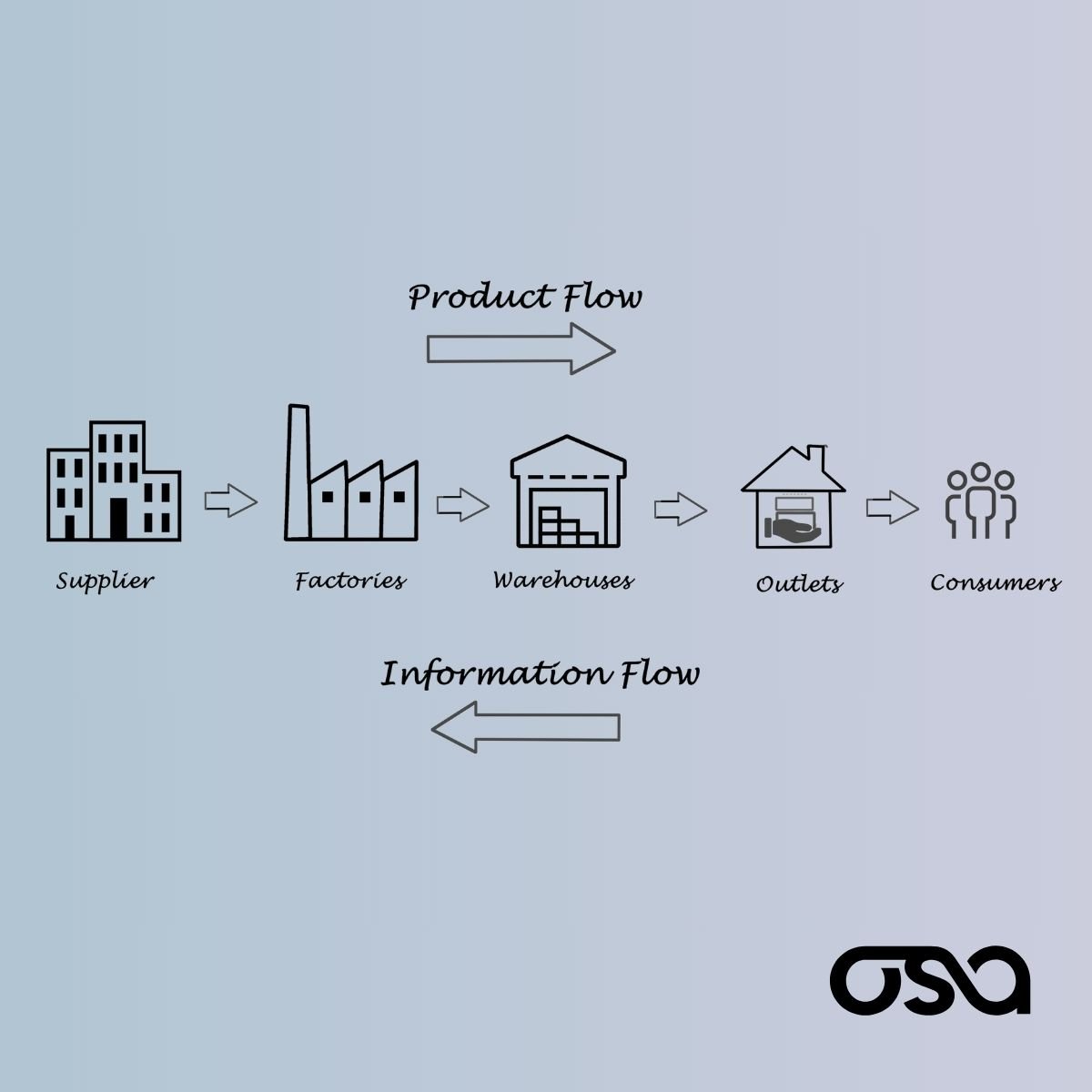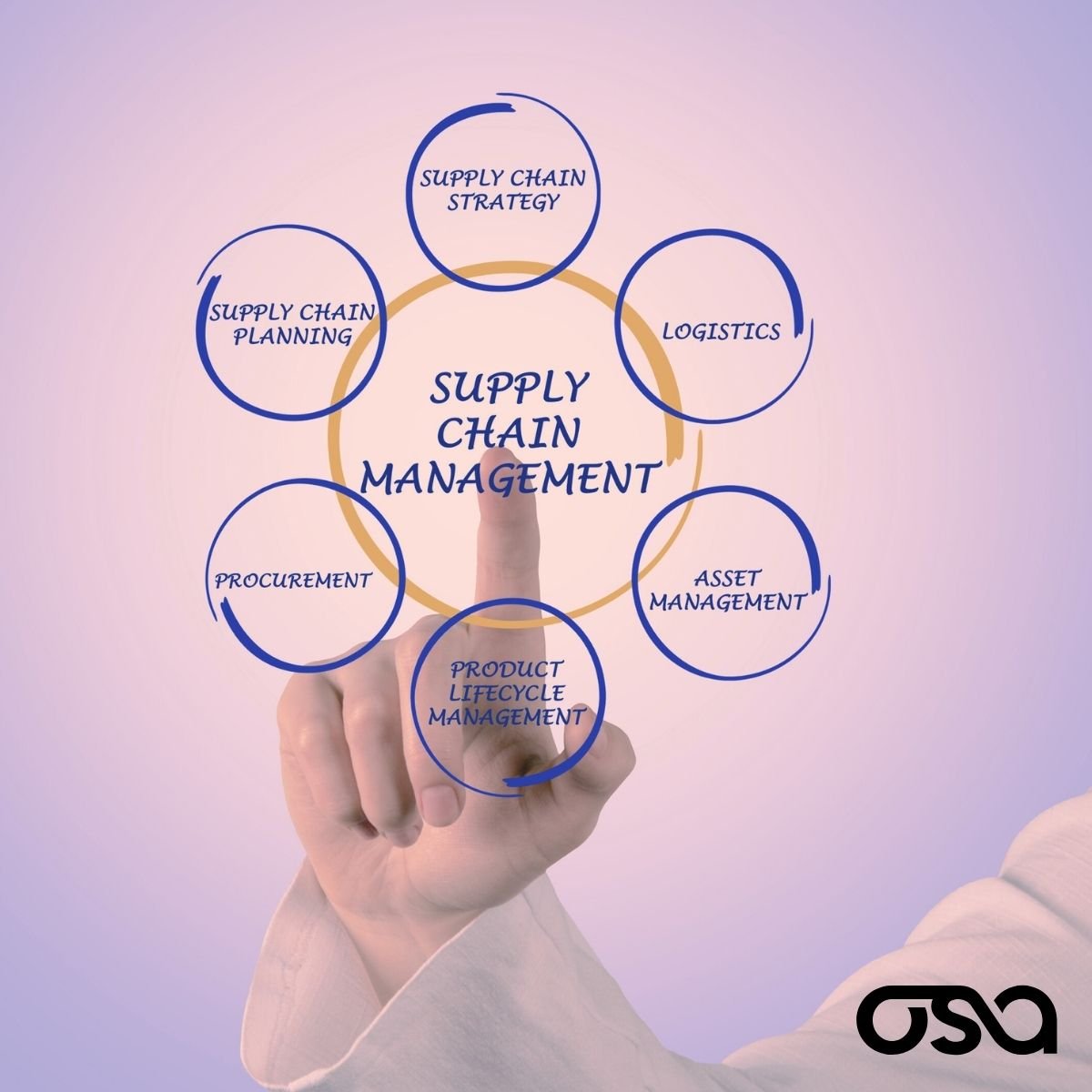2 min read
Stronger Global Supply Chain: Insights, Technology, and Best Practices
 Yifat Baror
:
April 15, 2024
Yifat Baror
:
April 15, 2024

How do you address vulnerabilities and bolster resilience within the intricacies of supply chain networks?
Global supply chains serve as vital arteries connecting businesses and consumers across continents. Recent initiatives, such as the establishment of the White House Council on Supply Chain Resilience and Canada's National Supply Chain Office, underscore the growing awareness of fortifying the world’s supply chains against disruptions.
Given their expansive reach, collaborative efforts between governments and private sectors are paramount to ensure seamless operations.
This complex task requires many supply chain businesses, from third-party logistics (3PL) warehouses to brands and retailers, to consider new and innovative technologies, resilience strategies, and operational measures to secure long-term sustainability and reduce disruptions.
For many, this requires an ongoing commitment to adapting to a quickly changing industry and collaborating across all levels of the supply chain network. Below, we will outline the top strategies you need to empower your global supply chain.

Global Support: The Backbone of Expansion
To navigate the complexities of global markets, a robust support network is indispensable. Collaboration with international organizations and industry leaders is essential for gaining insights into the dynamics of global supply chains. Entities like the Institute for Operations Research and Management Sciences (INFORMS) and the Association for Supply Chain Management (ASCM) offer invaluable expertise and best practices for navigating complex supply networks. By breaking down silos and fostering collaboration, durable strategies can be developed to collectively tackle global challenges.
Data Insights: The Compass for Decision-Making
Data serves as the cornerstone of informed decision-making in supply chain management. By investing in advanced data-sharing infrastructure and harnessing analytics and AI capabilities, businesses can enhance visibility and agility within their supply chains. While AI presents significant benefits, it's crucial to recognize that it's not a one-size-fits-all solution. Contextual understanding, collaboration, and ethical considerations are equally vital in driving effective decision-making.

Support for Technology Adoption: Navigating the Digital Transformation
Small businesses play a pivotal role in global supply chains, yet they often lack the resources to embrace advanced technologies. Supporting these enterprises with access to technology can improve visibility and resilience across supply networks. By empowering smaller players, the entire ecosystem can be strengthened, mitigating risks at every level of the supply chain.
At Expo Bazaar, a marketplace catering to artisanal crafts, technology is not just a tool but a lifeline for empowering their sellers. With a commitment to fostering growth and visibility for small-scale artisans, Expo Bazar leverages innovative e-commerce technology solutions to enhance the selling experience and broaden market reach.
Utilizing an intuitive collaborative visibility platform tailored specifically for artisans, Expo Bazaar provides sellers with a user-friendly interface to showcase their products to a global audience. Through this unified commerce supply chain technology, artisans can effortlessly manage inventory, process orders, and engage with customers—all with the click of a button.
With a steadfast commitment to supporting small-scale sellers, Expo Bazar continues to pave the way for inclusive and sustainable economic growth in the artisanal community.

Increase Sustainability Through Strategic Planning
Sustainability is no longer an option but a prerequisite for businesses operating in today's landscape. From reducing greenhouse gas emissions to managing excess inventory, there are numerous avenues to drive sustainability throughout the supply chain. By orchestrating sustainability efforts from end to end, businesses can minimize environmental impact while optimizing operational efficiency. Drawing lessons from consumer goods, industrial, and high-tech sectors can offer valuable insights for enhancing sustainability initiatives.
Prioritizing data analytics and sustainability efforts is imperative for constructing resilient and sustainable supply chains in today's global economy. By collaborating with global experts, leveraging data-driven insights, supporting small businesses, and embracing sustainability practices, businesses can navigate challenges and flourish. At Osa Commerce, we are committed to equipping businesses with the tools, technology, and strategies needed to thrive in the evolving landscape of global commerce.
Let Osa help your business start their journey to become a more connected and sustainable global supply chain provider. We’d love to learn how to help you deliver value in a globalized world.


